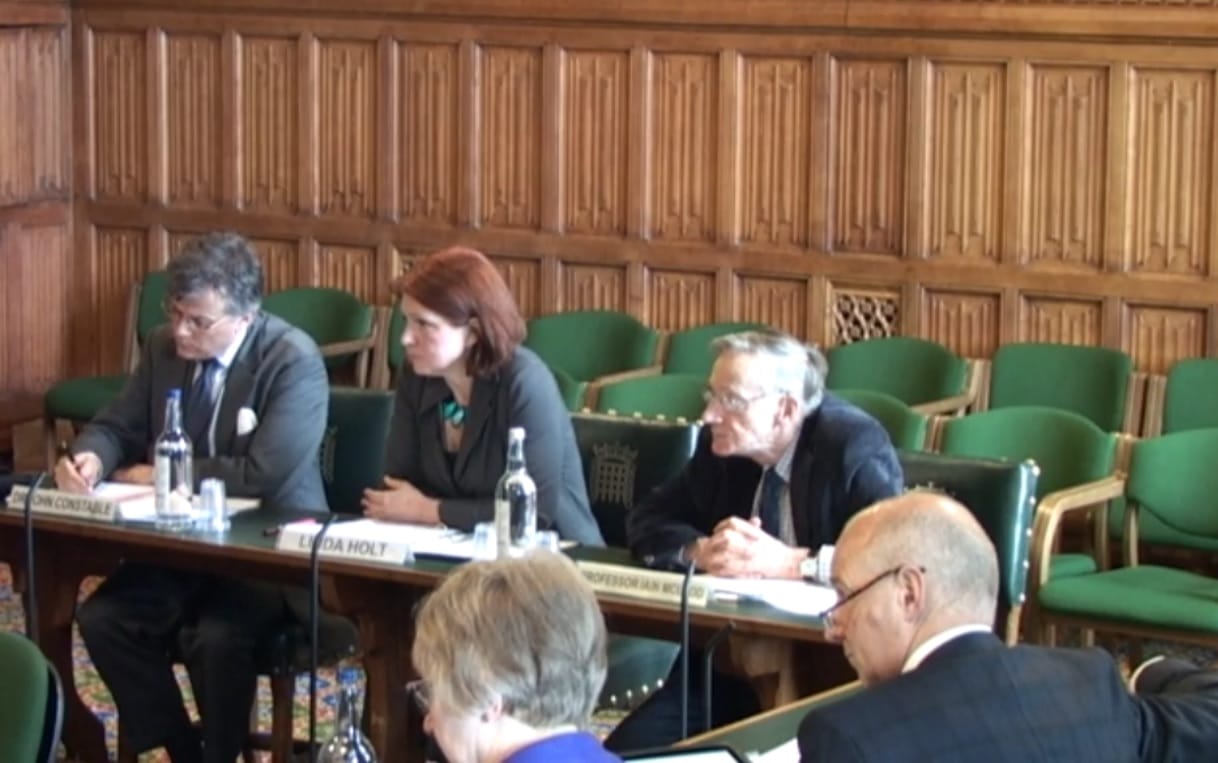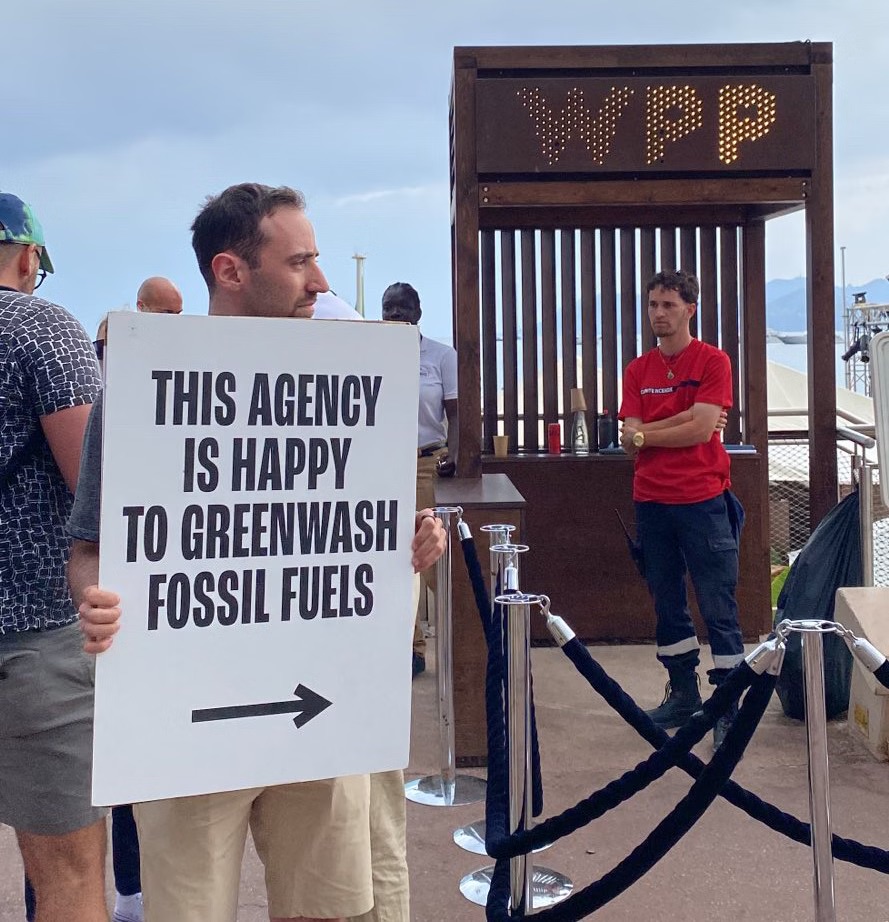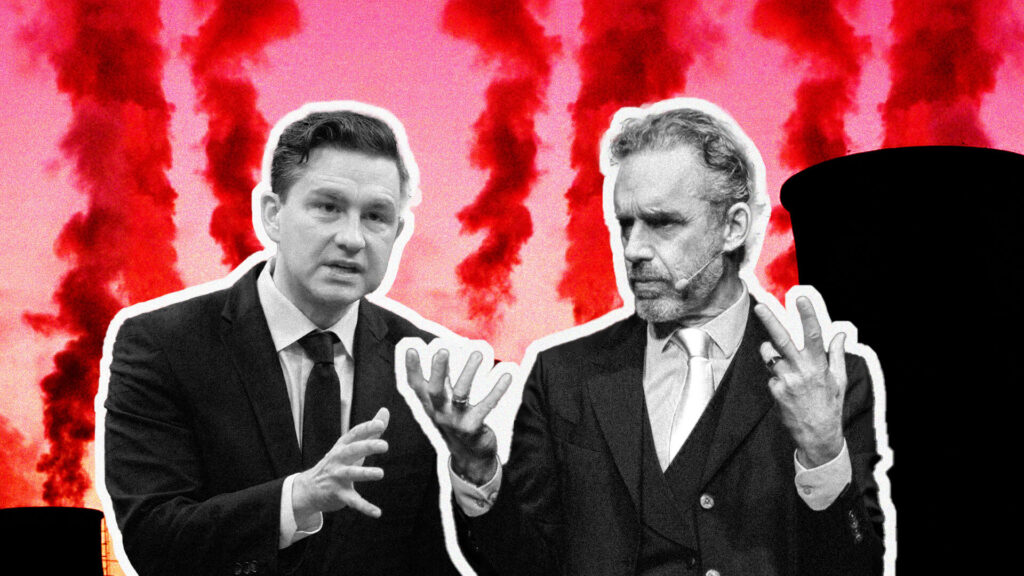Anti-wind campaigners and climate science deniers were slammed by MPs today for supporting fossil fuels and ignoring the costs of climate change during a government committee session on renewable energy in Scotland.
Three of the four people invited to give evidence during the House of Lords’ Scottish Affairs committee hearing on 13 April were from groups known for their stance against wind power: the Scientific Alliance Scotland, Scotland Against Spin, and the Renewable Energy Foundation and Global Warming Policy Foundation.
But as committee chair and SNP MP, Pete Wishart, put it to them: “The days of coal power generation are surely over given the global concerns about global warming [and] the Paris Agreement… so what would we power the country with?”
This was echoed by SNP MP Margaret Ferrier: “Surely we have to see a way of tackling greenhouse gas emissions and climate change, ultimately?”
‘We Need Evidence’
Point after point, MPs challenged those on the panel for their assertions denouncing renewable energy.
For example, MPs repeatedly questioned concerns raised by Linda Holt, press officer for Scotland Against Spin, that there is widespread opposition to onshore wind power.
Several times Holt was told her claims were “not particularly accurate” and was reminded by committee chair Wishart that “we’ll need to see that evidence because obviously this is an evidence driven inquiry.”
Scotland Against Spin describes its goal as reforming the Scottish Government’s “unsustainable wind energy policy”.
As its website reads: “Resisting further wind development at every level is essential to reaching the tipping point which will force policy change.”
Costs of Doing Nothing
Throughout the session concerns were raised about the costs and reliability of renewables.
However, these claims too were repeatedly challenged by MPs, who asked whether those on the panel had calculated the costs of doing nothing to tackle climate change.
As SNP MP Chris Law told them: “I’m quite troubled by this afternoon’s discussions, because, sitting here as a quite recently elected MP, my concerns are my constituents’ and not just my constituents, but across the planet, as well as Scotland and the UK.”
“Do any of you have projections of what costs would be if we did nothing?” Law asked. “My deep concern is when I go back to my constituents and say, actually, we’re going to keep rolling back against renewables in favour of gas… and there may be risks to global climate change, what would your answer be to them?”
Professor Iain MacLeod, advisory forum member at the Scientific Alliance Scotland, who, throughout the session emphasised the need to calculate the costs of various options before acting, responded that this was not possible.
“We do know that climate change is on the way,” Law reminded MacLeod, pointing out the issue with “sitting trying to work out what the sums might be while the planet gets warmer.”
The Scientific Alliance believes “there are many unanswered questions about the main drivers of the world’s climate” and is known for its links to climate denial.
Among its key principles that underlie its work is the aim “to ensure that proposed environmental policy is based on actual environmental damage, not speculation.”
In 2004, the Scientific Alliance published a joint report seeking to “undermine” climate change claims with the George C. Marshall Institute, an Exxon-funded Washington D.C.-based think tank.
MacLeod also disagreed with committee chair Wishart, who told MacLeod “I’m struggling to see what the costs would be” once the plan is built and issues around intermittency are resolved.
Back To Fossil Fuels?
But perhaps the most heated exchange during the session occurred between Wishart and John Constable of the Renewable Energy Foundation and the new energy editor and policy advisor for the climate science denying Global Warming Policy Foundation (an affiliation which Constable failed to disclose during the meeting).
“You have obviously massive issues with the costs of renewables. Given that we’re not going to go back to a carbon generation in the future,” Wishart said, “what in your view are we going to power this country with?”
“Are we not going to go back?” Constable responded.
Wishart: “You seriously think we will go back to carbon generation?”
Constable: “It is entirely conceivable.”
Wishart: “So your view is we’re going to go back to burning fossil fuels?”
Constable: “I am certain we will need to build combined cycle gas turbines.”
Wishart: “Is this a view generally shared across the sector that has the biggest issues to do with renewable energy, that at some point we will go back to burning fossil fuels?”
At this point, MacLeod jumped in, stating: “There is no option but to keep burning them.”
To which Wishart asked: “But you have absolutely no concern? Do you not accept the whole premise of global warming and that we need to control temperatures? Is that not featured in any of your thinking at all?”
“Do you have concerns about global warming?” he continued to press. “Are you worried and anxious about the idea? Is the Paris Agreement in your view wrong?”
“I believe there is a risk in relation to global warming but it’s not very well quantified,” replied MacLeod. “Are you prepared to pay anything to decarbonise?”
But as Wishart later argued: “The £4.3 billion the government has spent this year on subsidy across the whole sector, of all government budgets, is that really an excessive figure?
“If we’re trying to meet climate change targets, we’re doing our bit to make sure the temperatures aren’t going to rise by 2 degrees, is £4.3bn across the huge amount of money the government spends [that excessive?]. I mean, we’re going to be spending, is it, £17bn on trident, for goodness sake.”
The hearing concluded with a rhetorical question from Wishart to all three on the panel: “I’m presuming you don’t have any strong views that the government is doing the wrong thing in withdrawing support for renewables?”
Subscribe to our newsletter
Stay up to date with DeSmog news and alerts







